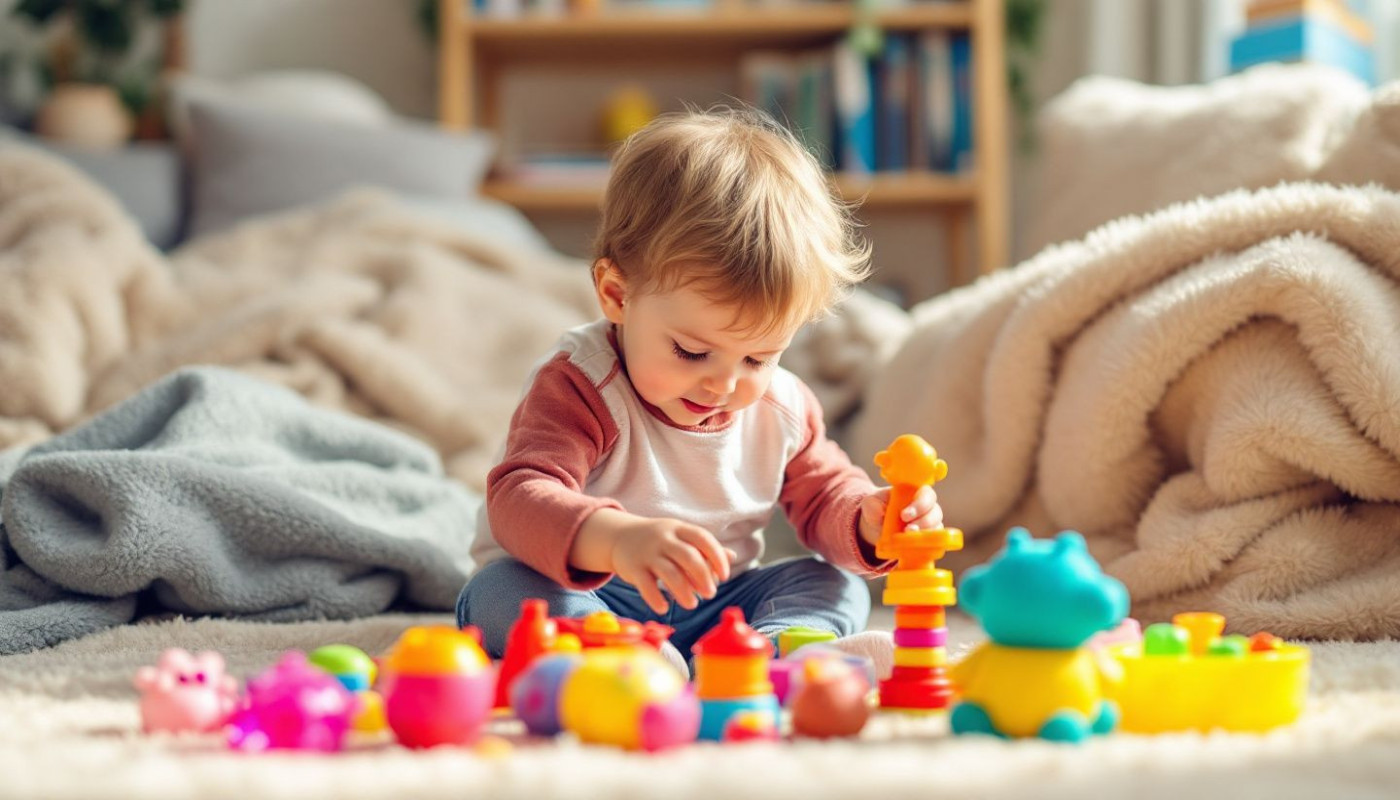Table of contents
Unveiling the world of play therapy opens doors to a fascinating approach in supporting child development. This article delves into how playful interactions, guided by professional techniques, can nurture emotional, cognitive, and social growth in children. Discover how play therapy transforms challenges into opportunities for healing and learning, encouraging readers to explore its profound impact in the following sections.
Understanding play therapy basics
Play therapy stands as a specialized approach within psychotherapy tailored for children, uniquely leveraging the language of play to foster emotional well-being and healthy child development. This method operates on foundational principles acknowledging that children often express thoughts, feelings, and experiences through play more naturally than through verbal communication. Therapeutic play becomes the central medium, allowing the child to communicate inner experiences, resolve conflicts, and gain mastery over difficult emotions in a safe environment. Play therapy is guided by a licensed child psychologist who cultivates a therapeutic alliance—a trusting, collaborative relationship between therapist and child—which is vital for effective intervention. This alliance supports the child’s ability to explore complex emotions, develop problem-solving skills, and build resilience, ensuring the therapy remains both child-centered and goal-oriented. Engaging with a qualified professional guarantees that the therapeutic play experience promotes psychological growth and supports overall mental health in a structured, evidence-based manner.
Benefits for emotional growth
Play therapy holds a pivotal place in supporting the emotional development of children by offering a safe context for self-expression, emotional regulation, and the building of resilience. Guided by the expertise of a clinical child therapist, play therapy introduces young clients to affect modulation, a process in which children learn to identify, express, and manage their emotions in healthy ways. Through the use of symbolic play, storytelling, or creative arts, children are encouraged to externalize their feelings, which is crucial for those who may struggle with verbal communication. This form of child therapy not only enhances self-expression but also strengthens coping skills, equipping children with adaptive strategies for navigating stress, conflict, and change. Such improvements in emotional regulation foster a strong foundation for future mental health and social functioning, making play therapy a valuable intervention for children facing emotional or behavioral challenges.
Engagement in play therapy sessions empowers children to experiment with solutions, experience success, and recover from setbacks within the safety of the therapeutic environment. This process directly contributes to resilience, as children gradually develop the confidence and flexibility needed to handle adversity. By integrating key principles of emotional development under the guidance of trained professionals, play therapy addresses core aspects of mental health and well-being. For adults interested in exploring the broader application of therapeutic modalities across the lifespan, pop over to these guys offers additional insights on the universality of psychotherapy and its benefits for all ages.
Supporting social skill development
Play therapy offers a dynamic environment for nurturing vital social skills in children, addressing both child behavior and peer interaction. Through structured and imaginative play, children engage with peers or therapists in scenarios that mirror real-life social exchanges, encouraging the development of social reciprocity—a technical term describing the give-and-take nature of healthy interpersonal relationships. This therapeutic approach allows children to practice initiating and responding to social cues, resolving conflicts, and sharing emotions within a safe space, directly fostering relationship-building and enhancing empathy. When children participate in guided play, they learn to interpret others' perspectives and communicate their feelings effectively, which are key elements of social competence. As an expert in pediatric psychology, it is vital to recognize how these experiences not only support immediate social adaptation but also lay the groundwork for enduring interpersonal functioning throughout a child's development.
Addressing trauma and behavioral issues
Play therapy offers a specialized approach in child counseling, especially for young individuals who have undergone trauma or display persistent behavioral problems. By creating a safe, supportive space grounded in trauma-informed care, therapists enable children to express feelings and experiences through guided play, which is more accessible than traditional talk therapy. The healing process often involves trauma reenactment, where children unconsciously or consciously replay distressing events in their play scenarios. This allows the therapist to gently intervene, helping the child process difficult emotions, establish new coping mechanisms, and reshape harmful behavioral patterns. Such interventions can reduce symptoms linked to acute stress, improve emotional regulation, and foster healthier interactions with peers and family members. In sum, play therapy represents a transformative tool for promoting recovery and resilience in children affected by adversity.
Integrating play therapy at home
Parents and caregivers play a pivotal role in reinforcing developmental milestones through home activities that reflect the principles of play therapy. With guidance from a certified child development educator, families can use parenting tips grounded in play-based learning to nurture emotional, social, and cognitive growth. One powerful strategy is scaffolding, where adults provide just enough assistance to help children achieve new skills, then gradually reduce support as competence increases. Simple activities like imaginative role-play, storytelling, and collaborative games create opportunities for child support while fostering communication, problem-solving, and self-regulation. Integrating these playful interactions into daily routines not only makes learning enjoyable, but also empowers children to explore their abilities and build resilience within a supportive home environment.

